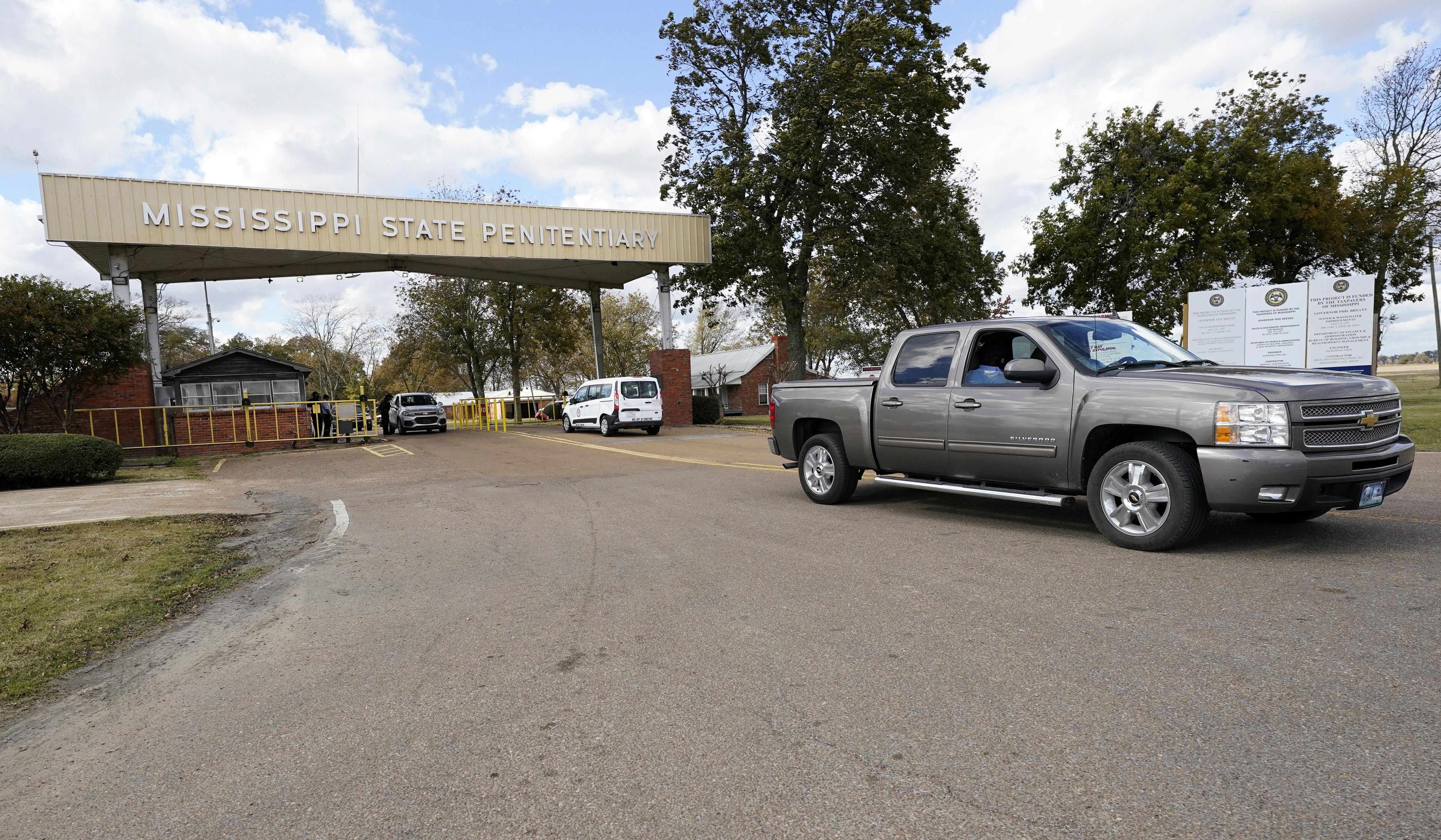Mississippi’s government currently contributes $20 per day for each bed filled, capping each individual stay at a 6-month maximum.
Tiara Connolly owns and operates Sober Living Residential in Meridian, one of the three locations under contract with MDOC. Her facility provides recently released prisoners with services stretching far beyond just housing. They offer free clothing, toiletries, medication, and medical and psychiatric evaluations, all in addition to helping residents obtain social security and I.D. cards to find employment with local partners.
She says she's thankful for the partnership with the MDOC, but that the funding leaves considerable gaps she has to make up for herself.
“The biggest barrier as a provider is finances. I took my personal money to get it started and I’m unfortunately still taking personal money to continue to sustain it because I realized early on that it takes more than just housing,” she said. “There are so many more things that we’re having to do that cost.”
“We're currently working with five staff members, but what we do would easily take 10 plus, so it has taken a lot of charitable hours to make it happen. It gives us great pleasure to see the residents that come out and actually get a job and back into housing and reconnect with their families – that's what's keeping us going. It's definitely not the amount of money that's coming out of the business at all.”
For Connolly, a dual-certified medical psychiatric nurse practitioner, that has meant working two full-time and three contract jobs over the past seven years.
“I started it just out of passion because I know there are great people that make poor choices and end up in prison, including my mom. She served 18 months in prison, and when she was released I saw her help a lot of individuals after the fact. it's one of the reasons why I took a lot of my personal money.”
Corrections Commissioner Burl Cain said the department has received multiple requests to expand transitional housing to more facilities, and are still working through them.





